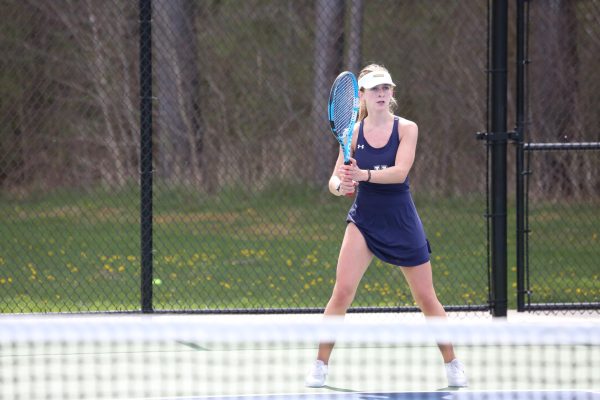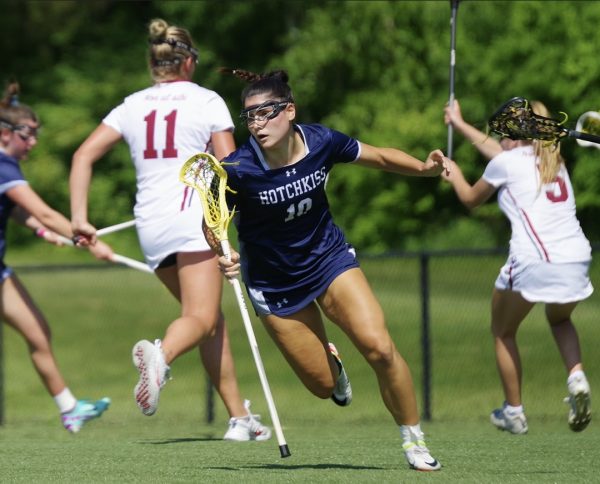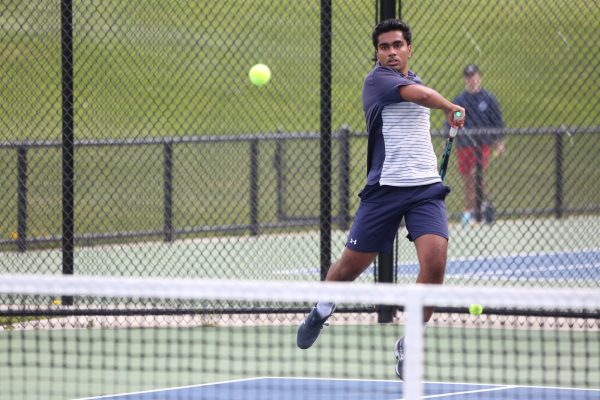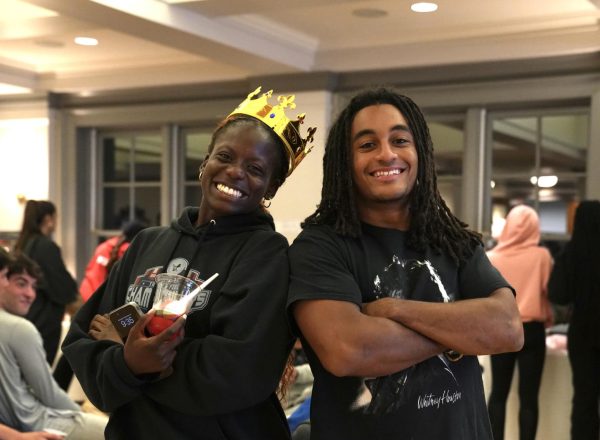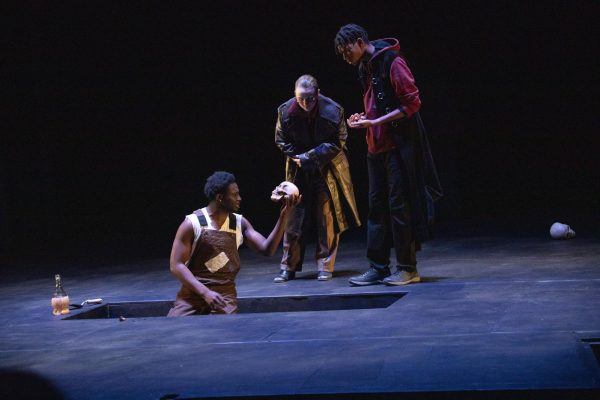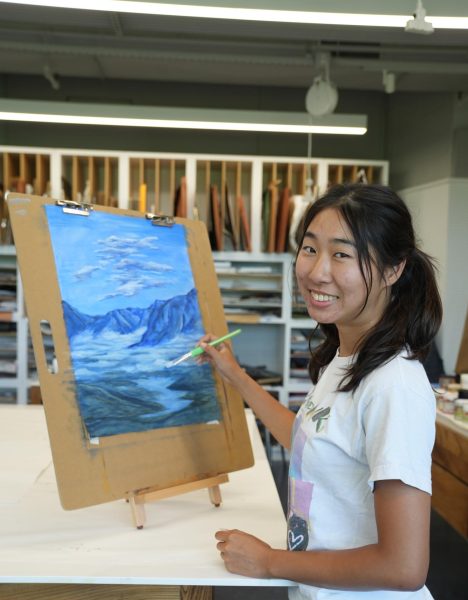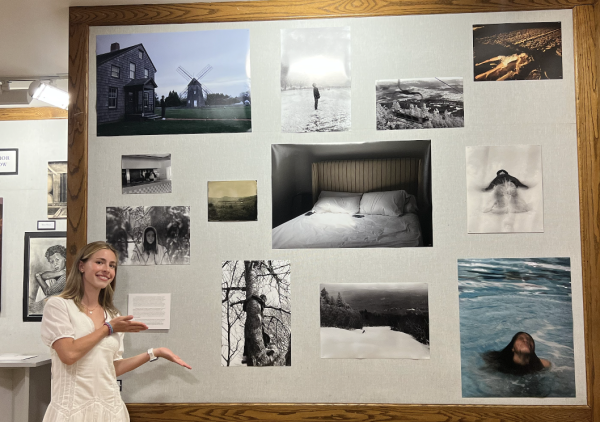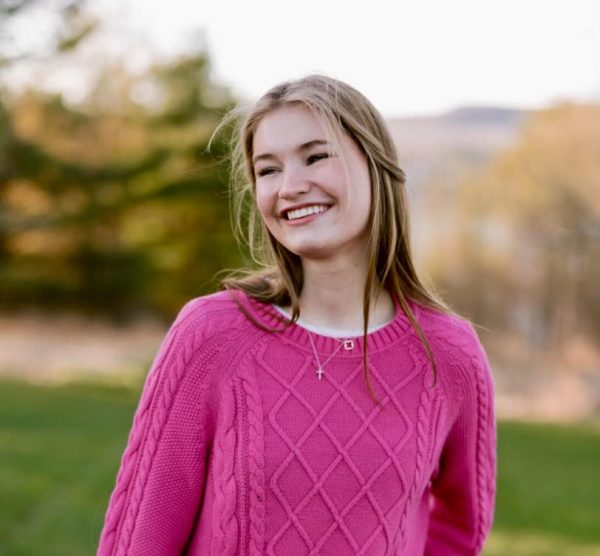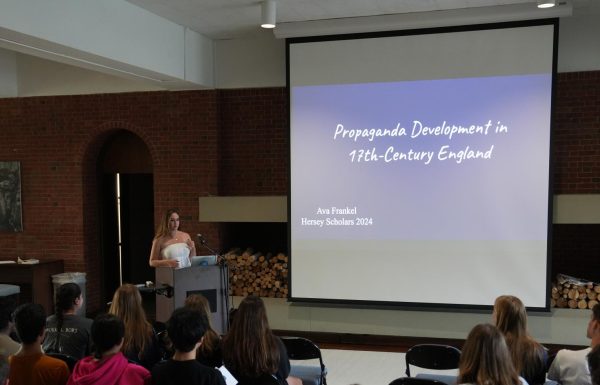Gender Inequality in March Madness Weight Rooms
Over the past few weeks, students have crowded the Student Center to watch their favorite college teams battle it out for the title of National Champion in the annual March Madness tournament. March Madness is a single-elimination Division 1 college basketball tournament hosted by the National Collegiate Athletic Association (NCAA) that takes place from March into early April. It is a much-anticipated event for many people around the country. However, major disparities in the equipment and resources available to the athletes in the women’s tournament sparked controversy this year.
Photos of a women’s weight room in the San Antonio, Texas bubble, consisting of an empty ballroom with just a small rack of dumbbells and a few yoga mats, went viral during the early stages of the tournament. In stark contrast, their male counterparts were provided with an entire athletic room fully stocked with weights, lifting platforms, racks of dumbbells, squat racks, and other equipment. In the wake of this news, multiple players, trainers, and coaches, spoke out online about how the weight rooms provided to women were minimal while men were instead given large, well-equipped facilities. Several professional athletes, including basketball players Stephen Curry and Kyrie Irving, expressed their anger about this discrepancy on Twitter.
The NCAA has since apologized to the public and to the female athletes who were affected. The organization has also provided the women with improved training equipment and facilities. In an article for ABC News, Dan Gavitt, senior vice president of basketball for the NCAA, made a statement taking complete responsibility for the weight room controversy. He said, “I apologize to women’s basketball student-athletes, to the coaches, Women’s Basketball Committee for dropping the ball, frankly, on the weight room issue in San Antonio.”
Despite the apology, the inequity has raised larger questions about the treatment of female athletes in the NCAA. Ali Kershner, a sports performance coach at Stanford University, said in an ABC News article, “This needs to be addressed. These women want and deserve to be given the same opportunities. In a year defined by a fight for equality, this is a chance to have a conversation and get better.”
This gendered discrepancy is not the only issue women have to deal with in the world of sports. From unfair training equipment to unequal pay, there are many other challenges. The changes the NCAA made are just the first step of a very long process professional sports organizations have to make to achieve equality.


